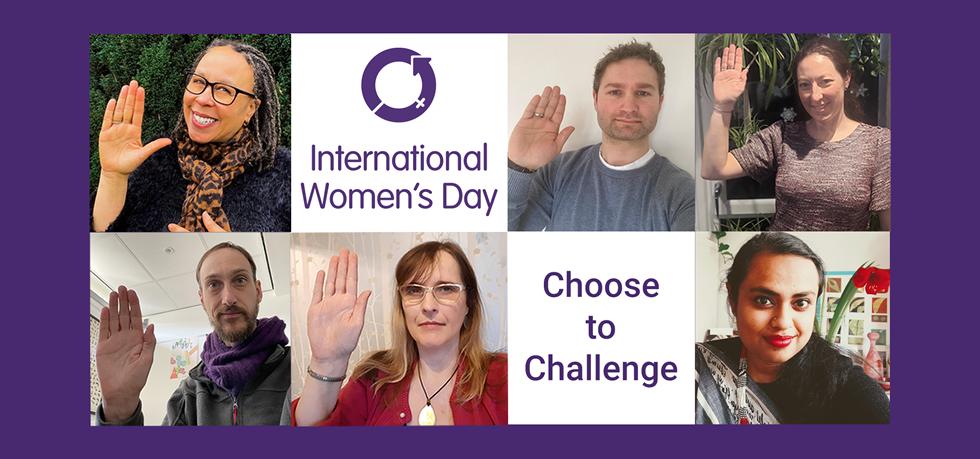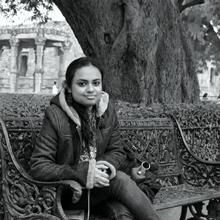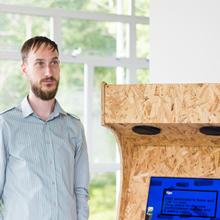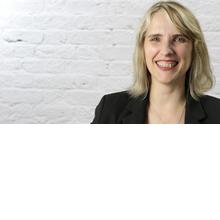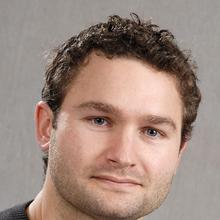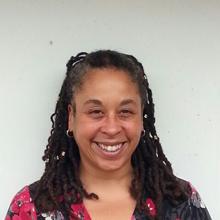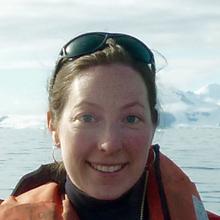Choose to challenge
International Women’s Day 2021: celebrating our people and why they choose to challenge gender inequality
Southampton Spotlight shines a light on the impact our University is having across the world, through the achievements of the individuals that make up our community.
A challenged world is an alert world. When we challenge the status quo, we highlight shortcomings, issues that need addressing and can ultimately action change. Accepting things as they are prevents progress.
Our University is made up of a thriving, diverse community, where innovation and progress go hand-in-hand. Ours is a culture of equity, where our people challenge the world around them for the benefit of all.
On International Women’s Day, we celebrate members of our community who choose to challenge and tackle gender bias and inequality.
Kaveri Mayra
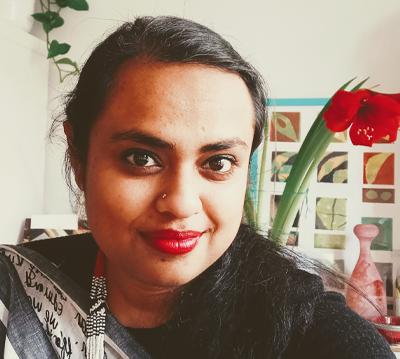
PhD student Kaveri Mayra is passionate about maternal health, gender equality and women’s empowerment. Throughout her decade-long career, she has challenged inequality, influenced change in health systems governance, and consulted with leading development organisations such as the World Health Organization (WHO).
Kaveri Mayra says:
"I have chosen to challenge because midwives and nurses face a lot of stigma, along with gender-based and profession-based discrimination.
"2020 has proven the importance of midwifery and nursing in the world, but midwives and nurses still don't have a role in health policy-making."
Adam Procter
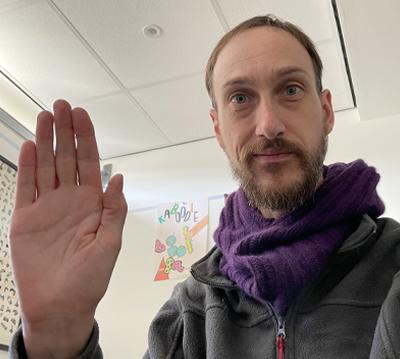
Adam Procter, Programme Leader of the Game Design and Art course at Winchester School of Art (WSA), is a champion of diversity in the gaming industry. He signed the University up to the #RaiseTheGame pledge set up by UK Interactive Entertainment (UKIE), to encourage and foster greater diversity within gaming.
Adam Procter says:
“I have always had a passion for games; but while there are so many different players from different backgrounds, I'm frustrated that they aren't represented in the teams that build these games and experiences.
"Coming from a creative computing background, I have been shocked to see first-hand the treatment of women. When you have the opportunity to stand up for someone else, you do it. We are all humans."
Dr Pearl John
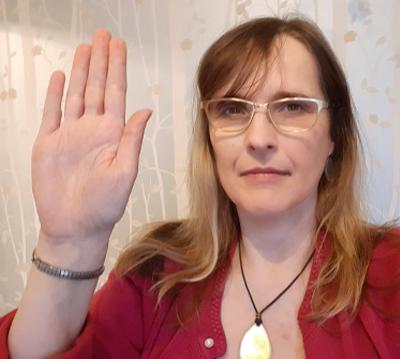
Dr Pearl John is the Public Engagement Leader for The Future Photonics Hub. She works tirelessly to challenge inequality in science in terms of gender and ethnic background. She also campaigns against organisational racism and delivers a full programme of outreach activities for schools and the public that has equality and diversity at its heart.
Dr Pearl John says:
“Industries that need physicists and photonics specialists have been concerned for years about not having enough skilled workers, and it’s quite clear where the problem lies: there is a lack of young people from certain races and ethnicities, and a lack of young women of any background studying physics beyond GCSE level.
“There are barriers to studying physics in our educational system and our society and we need to remove those barriers. Everyone deserves a chance at a well-paid career that they enjoy, and we need more physicists to help change the world for the better!
“One example of my work towards gender equality includes our Phablab 4:0 project, for which I was part of a gender action team, working to ensure that we included as many young woman as we could. I’ve also been lucky to be part of the South East Physics Network (SEPnet) who run a whole school intervention course called ‘Shattering Stereotypes’ to challenge gender stereotyping in schools.
“I am committed to challenging inequality in physics and photonics education and industry.”
Dr Peter Worsley
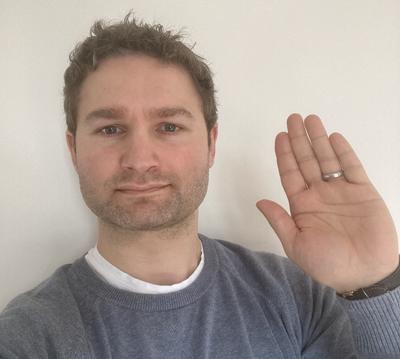
Dr Peter Worsley, Associate Professor in Health Sciences, is designing the perfect PPE face mask for front-line workers. Traditionally, face masks have been made for a white, male workforce, resulting in most women and some men experiencing discomfort. Now, using computer software and MRI facial scans to aid design, Peter and colleagues are producing new face mask design templates, ensuring they fit all individuals and delivering full protection.
Dr Peter Worsley says:
“A lot of inspiring women have led the way in the response to COVID-19, with prolonged PPE use causing discomfort and some skin reactions. I wanted to lead a project that supported our front-line workers, providing safe and effective respiratory protective equipment for all individuals.
“Historically, masks have been designed according to a standard male face shape. This has resulted in poor fitting for many women and those of Black, Asian, and ethnic minorities. Creating a design template that offers equality in design is a key aim of the project; this will be supported by healthcare workers, academic colleagues and those within industry.”
Dr Margo Ononaiye
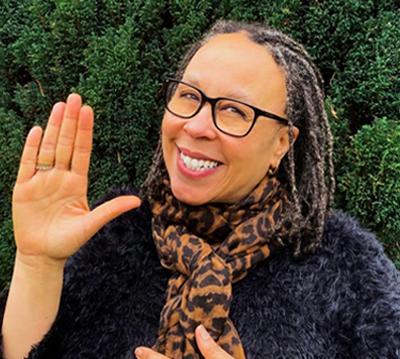
Dr Margo Ononaiye, Senior Lecturer at Southampton, is the first Black woman to become a Clinical Psychology Doctorate Programme Director in the UK, and actively tackles racial inequalities in clinical psychology as part of her role.
Dr Margo Ononaiye says:
“Since joining the Clinical Psychology training profession, it was always a passion of mine to work towards becoming a Programme Director. I wanted to ensure a more diverse representation at a more senior level on training programmes.
“There is nothing more important, to me, than ensuring a diverse representation of people in senior leadership professions. We work with people from a range of backgrounds in Clinical Psychology, and this should be mirrored within senior leadership.”
“I will continue to challenge equality, diversity and inclusion in my new role by providing consultation and support in the training profession and making positive changes on the University of Southampton programme. I will challenge my colleagues, share good practice, endeavour to make change and ensure that the momentum in terms of equality, diversity and inclusion in the profession continues at a meaningful pace.”
Dr Amber Annett
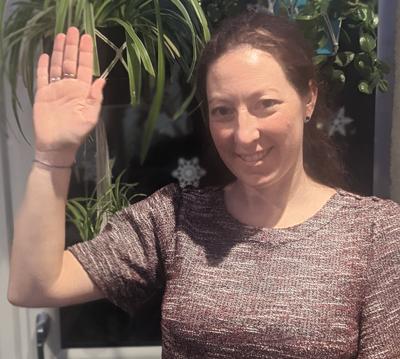
Dr Amber Annett is NERC Research Fellow in Ocean and Earth Science at the National Oceanography Centre Southampton (NOCS). Amber has actively spearheaded analysis of the shift in gender of participants in seagoing expeditions and makes recommendations for an equitable future in this area.
Dr Amber Annett says:
“I choose to challenge because it's right. Everyone deserves equal access to contribute, and as long as systemic barriers exist that hold people back based on gender or any other factor, we are all impoverished by inequality.”
As a University we cultivate a culture of equality where our people feel empowered to challenge. Our community is the ideal environment to embrace new ideas and action change. Collectively, we can all help to create an equal world.
Related Staff Member
Related Staff Member
Related Staff Member
Related Staff Member
Related Staff Member
Related Staff Member
You may also be interested in:
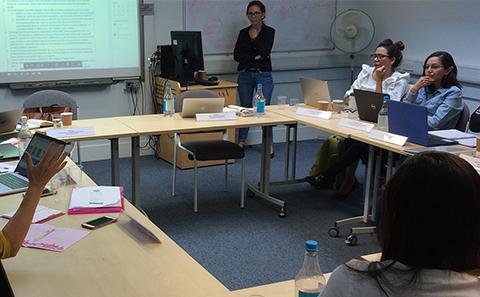
Giving displaced women and girls a voice
Improving the sexual and reproductive health needs, and human rights of displaced women and girls in Central and South America
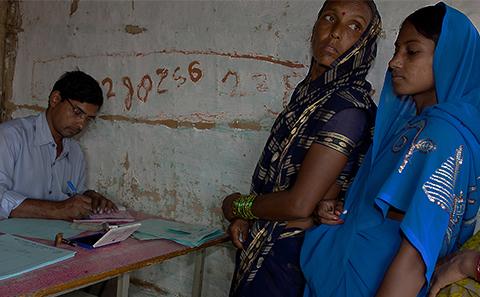
Improving maternal and child health
Southampton research is influencing newborn and maternal health policy in India.
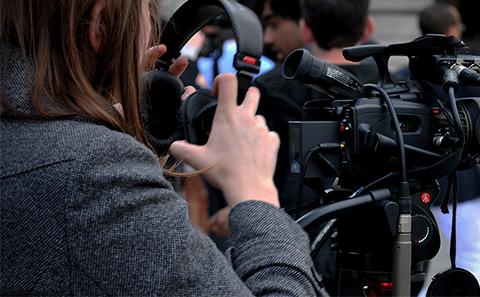
Calling the shots for women in film
Highlighting the role of women in the UK film industry
